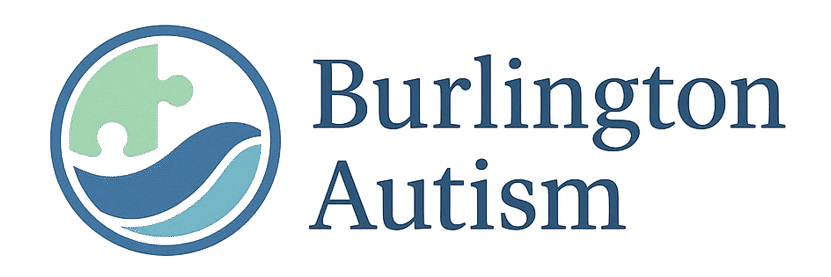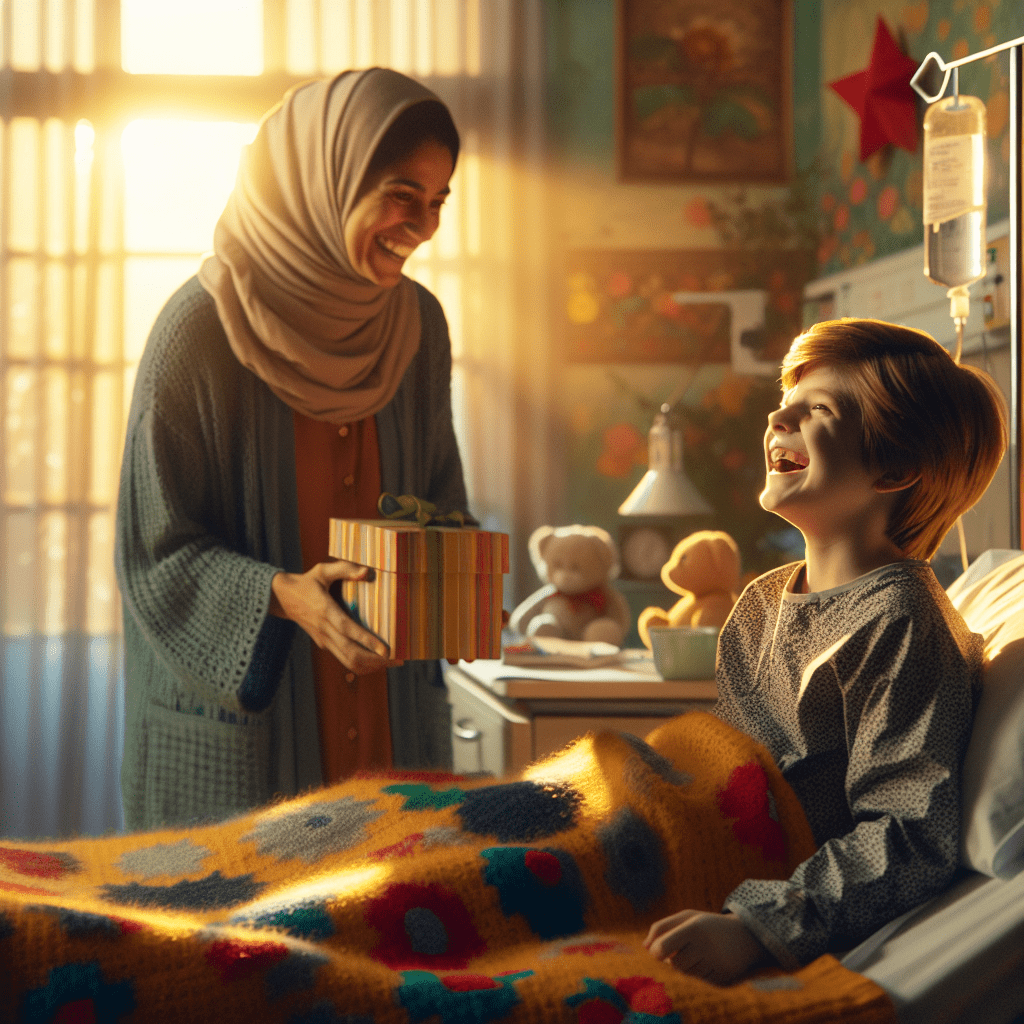Does Autism Qualify for Make-A-Wish?
Wondering if autism qualifies for Make-A-Wish? If you’re a parent or caregiver of a child with autism, this question might be on your mind. Make-A-Wish Foundation is a renowned organization dedicated to granting wishes to children with critical illnesses, aiming to bring joy and hope during challenging times. While most people associate Make-A-Wish with severe medical conditions such as cancer, many might not realize that autism spectrum disorder (ASD) is also a condition that can qualify a child for a wish. But what do we mean when we say ‘qualify’? In this article, we’ll explore the eligibility criteria, the specific process involved, and share heartwarming stories of children whose wishes made a dream come true. Join us on this enlightening journey and discover how autism and Make-A-Wish intersect!
The Eligibility Criteria for Make-A-Wish
When considering whether autism qualifies for Make-A-Wish, understanding the organization’s criteria for eligibility is crucial. Make-A-Wish primarily focuses on children aged 2 to 18 who have been diagnosed with a critical illness. A critical illness is defined as one that poses a significant risk of death. While autism can impact a child’s life, it’s important to clarify how it fits within these guidelines. To navigate this, let’s break down the key components that define qualification:
1. Understanding Critical Illness
The critical illness aspect is tantamount to the application process. For many children with autism, the condition itself may not be life-threatening. However, if autism is accompanied by co-occurring conditions—like epilepsy, cancer, or other medical challenges—this can elevate the child’s health status to one that may qualify for Make-A-Wish. Additionally, the emotional stress associated with autism sometimes can indeed lead to mental health crises, which may be regarded as critical by medical professionals. Therefore, the intersection of autism and other serious conditions can paint a different picture regarding eligibility.
2. The Role of Medical Professionals
One of the pivotal steps in determining if autism qualifies for Make-A-Wish involves the child’s healthcare provider. A licensed medical physician must provide a referral and specify that the child’s condition falls under the critical illness umbrella. Here, the child’s unique medical profile will be scrutinized closely. A typical scenario may involve the physician underscoring how autism has severely affected the child’s quality of life, marking it notable enough for the wish-granting process.
3. Application Process
Once a child is referred, the application process for Make-A-Wish entails several steps, ensuring thorough vetting. Families are required to complete a formal application where they provide necessary documentation. This includes medical statements, personal histories, and often a statement of how the wish could enhance the child’s life. It’s vital for the family to clearly articulate how the child’s autism and related conditions have impacted their daily experiences. This allows Make-A-Wish to determine the best possible match for wishes based on each child’s specific needs.
Heartwarming Stories of Wishes Granted
While exploring whether autism qualifies for Make-A-Wish, it’s equally inspiring to look at some of the beautiful wishes that have been granted to children facing various challenges, including autism. The stories below illustrate how profound and transformative these experiences can be.
1. A Magical Journey to Disneyland
One poignant example involves a young boy named Ethan, who was diagnosed with autism and anxiety issues. His wish was simple yet incredibly profound: he wanted to visit Disneyland. For Ethan, the idea of meeting his favorite characters and exploring a magical kingdom was an escape from his everyday struggles. With the support of Make-A-Wish, he got to experience this dream trip. The look on his face as he met Mickey Mouse and rode the attractions was priceless. This experience not only provided joy but also offered therapeutic benefits, helping to reinforce positive social interactions.
2. A Dream Comes True with Technology
Another beautiful story comes from Lily, a creative young girl with autism who wished for a state-of-the-art art studio. Lily’s love for painting served as an outlet and form of expression, particularly in times when she felt overwhelmed. Make-A-Wish coordinators collaborated with her family to create a customized art space equipped with supplies. The joy on her face as she picked up her paintbrush in her new studio was a testament to how this wish could significantly impact her confidence and emotional well-being.
Additional Resources for Families
If you’re still contemplating whether autism qualifies for Make-A-Wish, there are several resources available that can help guide you through the process and navigate the complexities of applications. Here are some valuable links for parents and caregivers:
1. Make-A-Wish Foundation’s Official Website
The first place to start is the Make-A-Wish official website. Here, you can find detailed eligibility criteria, application forms, and guidance on how to submit a wish request. Their resources are tailored to help families understand the process and what they might expect during the journey.
2. Local Chapters of Make-A-Wish
Connecting with local chapters can be beneficial as each may have specific programs or additional services tailored to community needs. The different regional offices often provide personalized support and information to families throughout the application process. Visit their local chapters page for more details.
3. Support Groups for Families
Understanding and navigating autism can sometimes feel overwhelming. Engaging with support groups or forums can provide reassurance. Websites like Autism Speaks offer a plethora of resources, studies, and community connections that can empower families.
The Impact of a Wish on Families
Reflecting upon whether autism qualifies for Make-A-Wish, it’s critical to understand the emotional and psychological impact that such wishes have on families. The process itself, from application to wish granting, brings a much-needed relief and positivity that can have lasting effects. For many families, normalization during challenging times often feels unattainable. However, witnessing their child’s joy while indulging in once-in-a-lifetime opportunities can create unforgettable memories.
1. Renewed Family Bonding
Fulfillment of a child’s wish often catalyzes a renewed sense of connection amongst family members. Families get to unite in excitement leading up to the wish event, often documenting the journey. Such experiences can help light the way for rebuilding emotional scaffolding within a family that often faces the strains of caregiving responsibilities.
2. Creating a Lasting Legacy
Wishes are not just momentary experiences; they can create a legacy for families. Wishes often serve as tales passed down through generations. For siblings, seeing their brother or sister experience joy through a wish can also foster patience, understanding, and empathy—skills that are invaluable throughout life.
3. Advocacy and Awareness
Every wish granted also serves to create awareness about autism and other critical conditions. Families sharing their stories broaden community understanding and shed light on the importance of inclusivity for all children, regardless of their challenges. When communities come together to support these families, it nourishes a culture of compassion and connection.
Conclusion
In summary, whether autism qualifies for Make-A-Wish ultimately hinges upon individual circumstances stemming from the child’s overall health status and the presence of comorbidities. Though autism alone may not automatically grant access to a wish, the interplay between autism and other critical conditions gives families a point of entry into this wondrous world of possibilities offered by Make-A-Wish. The experience of wishing and the joy it brings has the potential to create profound, lasting effects that ripple far beyond a single moment in time. If you believe a child’s journey with autism has been filled with challenges, look into the criteria and don’t hesitate to reach out for support—a wish could be just around the corner!
FAQs about Make-A-Wish and Autism
1. Can children with autism apply for Make-A-Wish?
Yes, children with autism can apply for Make-A-Wish. However, the eligibility mainly depends on whether autism is paired with a critical condition that can influence the child’s overall quality of life.
2. How do I apply for a wish?
To apply for a wish, parents must fill out the official application form found on the Make-A-Wish website and receive a medical referral from the child’s physician.
3. What types of wishes can be granted?
Wishes can vary widely, including trips, special experiences, or items that enhance the child’s life, such as technology or equipment.
4. How long does the process take?
The process duration can vary, but most wishes are granted within a few months, depending on the complexity of the wish and other factors.
5. Are other family members included in the experiences?
Yes, Make-A-Wish typically encourages family participation, ensuring that siblings and parents can share in the joy of the experience!
What are the three main causes of autism?
What Do Children With Autism Usually Like To Do? Exploring Their Unique Interests







